
Bad Bunny’s ‘Un Verano Sin Ti’ boosts Latin America, but does it do right by the Dominican Republic?
The Puerto Rican megastar has been called out of late for not properly recognizing the history of the island country to current popular Latin music.
Benito Antonio Martínez Ocasio, known by his stage name Bad Bunny, is now being hailed as “the king of Spotify” after his fifth studio album, Un Verano Sin Ti became the platform’s most streamed-album of 2022.
Within 24 hours, Bad Bunny racked up 183 million Spotify streams, outdoing the record of Drake, who once hit 176.8 million streams in a single day.
From the beginning, the Puerto-Rican born artist has always made it clear through his music and through his words, that he loves his culture and all of Latin America.
On Un Verano Sin Ti, the 27-year-old songwriter name drops multiple Latin American countries, including his own island, the Dominican Republic, Colombia, Argentina, Chile, Mexico, the Caribbean islands, and El Salvador.
Some fans on social media platforms like TikTok and Twitter, appreciated Bad Bunny giving their homeland a shout out. One Salvadoran fan posted a meme on TikTok showing Bunny waiting to buy some pupusas from an outdoor vendor.
“When Bad Bunny finally recognizes us Salvi’s in his song ‘Un Coco,’” the fan wrote.
But the eclectic nature of Bunny’s Latino summer playlist wasn’t exempt from some criticism. While Un Verano Sin Ti paid homage to several countries and sounds, some Dominican fans took issue with the lack of representation on the tracks themselves.
Of the 23 songs, only one song, “La Romana,” features a Dominican dembow artist, El Alfa. But Bunny’s album is filled with Dominican sounds, slang and influences.
Overall, Un Verano Sin Ti is an ambitious album that set out to showcase a variety of different styles and sounds, as well as bring awareness to many social issues, such as femicide in Puerto Rico, colonialism, LGBTQ+ issues, and misogyny.
I want y'all to listen to Bad Bunny's album and reckkkognize the BLACK Dominican influences. From the sayings to the merengue--that is Black Dominican Republic, not Bad Bunny. Carry on.
— miss bad mama jama 💘 (@Curls_n_Tumbao) May 9, 2022
But ultimately, it was a struggle for Bad Bunny to give proper representation to Dominican artists who have long been overshadowed in the industry and seen modern Latino artists appropriating their art without credit.
Reggaetón historian Katelina Eccleston, told Refinery 29 that a lot of genres based in Black elements continue to get labeled as “urban,” which erases its roots and its versatility.
RELATED CONTENT
Because of this, Black artists, such as talented Dominican artists, are often erased from the sounds and genres they created.
“The Latin industry must recognize, at full length, that it has a problem with recognizing different races due to its branding of Latinidad as one race, which is simply false,” Eccleston said.
On the production side, there is only one Dominican person on board, Dahian el Apechao. El Apechao is responsible for co-creating one of the album’s most popular songs, “Después De La Playa.”
A third of the way through the hit, there’s a merengue-infused breakdown, with drums, horns and the unmistakable sound of a güira, a Dominican percussion instrument.
The mambo (merengue) y'all hear on Bad Bunny's "Después de la Playa" was composed by el Dominicano, Dahian el Apechao. Bad Bunny and team hired one of the hardest musicians in the genre to bless him with the swing and sound. 🇩🇴 pic.twitter.com/ZJymAOYmJD
— alex medina (@mrmedina) May 11, 2022
“The mambo (merengue) y'all hear on Bad Bunny's "Después de la Playa" was composed by el Dominicano, Dahian el Apechao. Bad Bunny and team hired one of the hardest musicians in the genre to bless him with the swing and sound,” wrote Twitter user Alex Medina.
Much of the album was recorded in Puerto Rico as well as the Dominican Republic. In a recent interview with the album’s producer Santiago Matías, and animator Dotol Nastra, Bad Bunny said he feels grateful to the DR for being the first country to “make him feel famous.”
Best track on Bad Bunny album was produced by a 🇩🇴
— Freestyle Chulo (@FreestyleChulo) May 12, 2022
This Dominican Musician Composed the Merengue on Bad Bunny's ‘Después De La Playa’ https://t.co/cNB9ib8J8B
“I am always grateful to the Dominican Republic, it was the first country that made me feel famous, that gave me support,” he said on the Alofoke Radio Show. He spoke highly of DR’s culture and the feeling of familial love and affection he receives while visiting.
Bunny revealed that he’s always wanted to make music in the DR, ever since he was little. He said he always loved listening to mambo and merengue music.
“The merengue, the bachata, the dembow; I respect Dominican artists,” Bunny said.


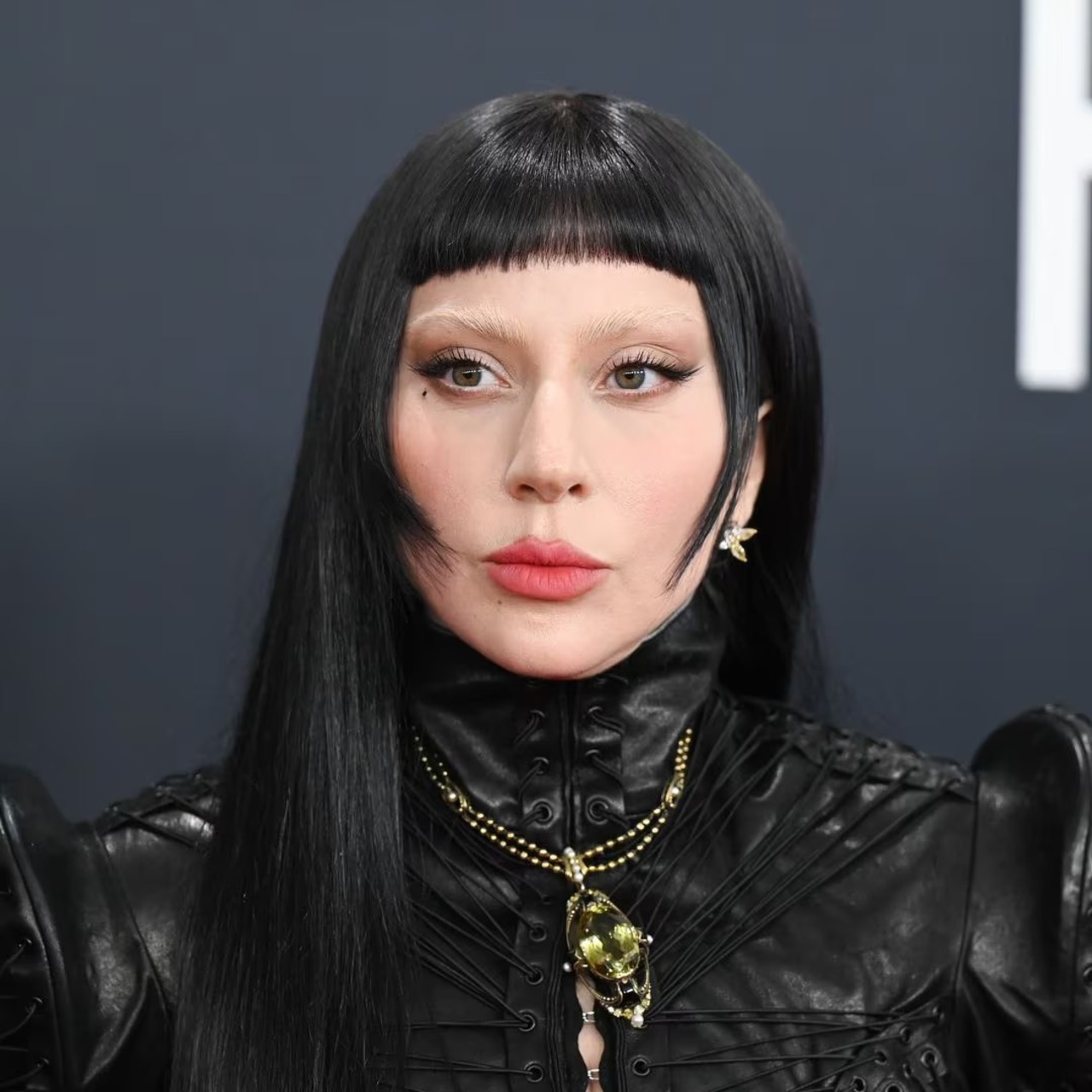
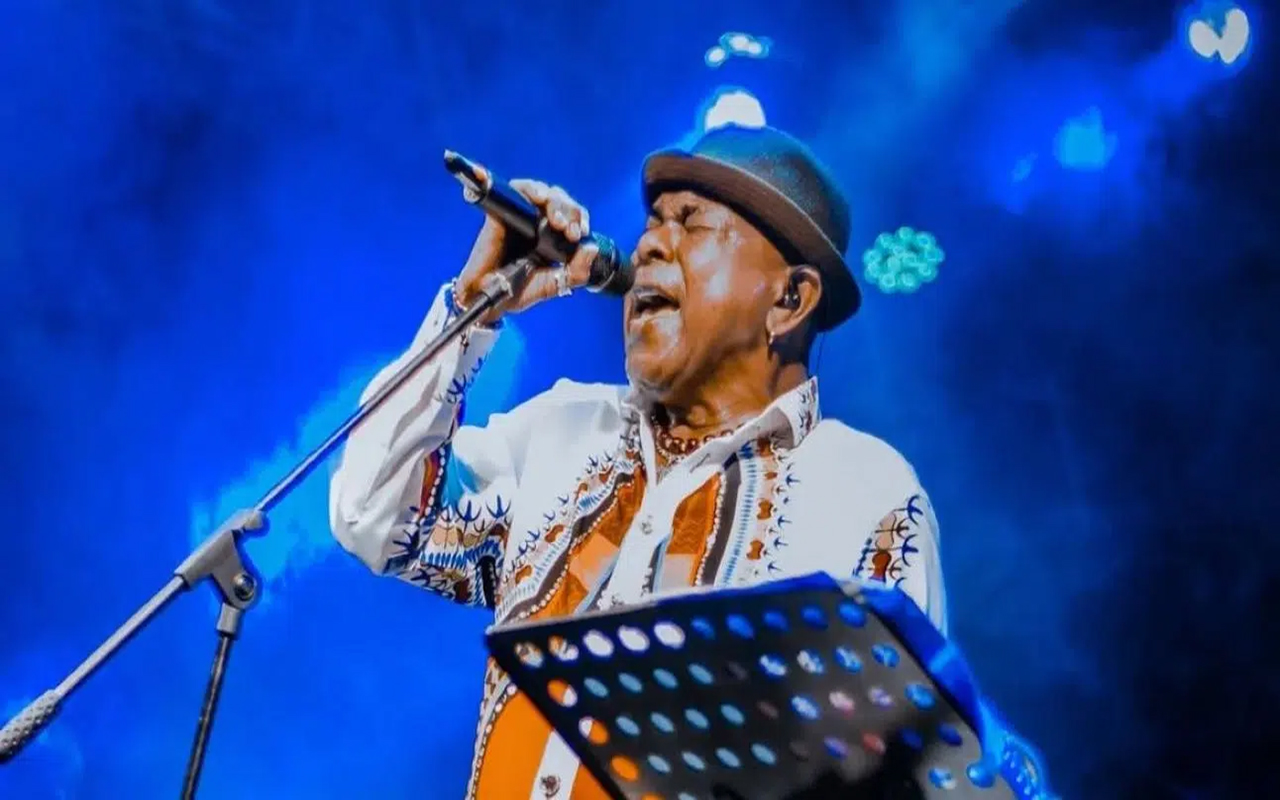
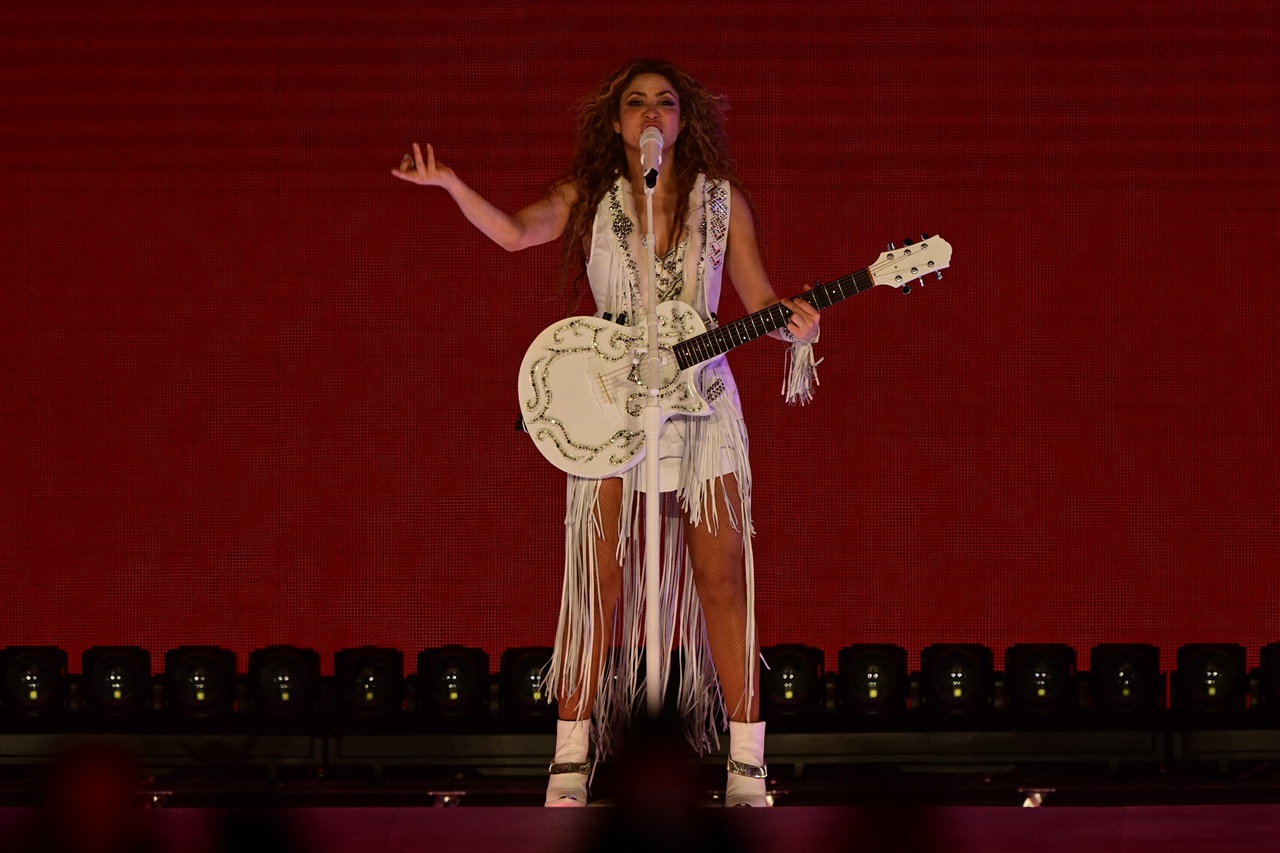
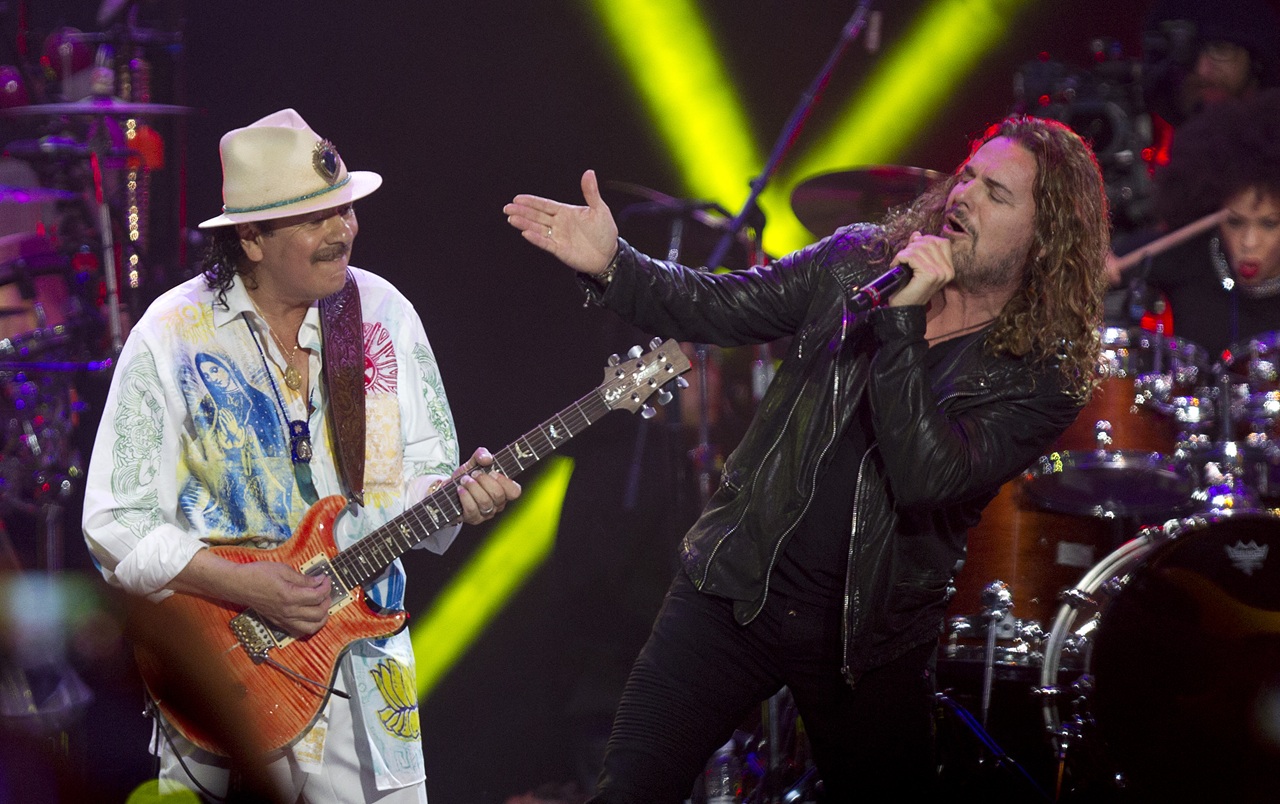

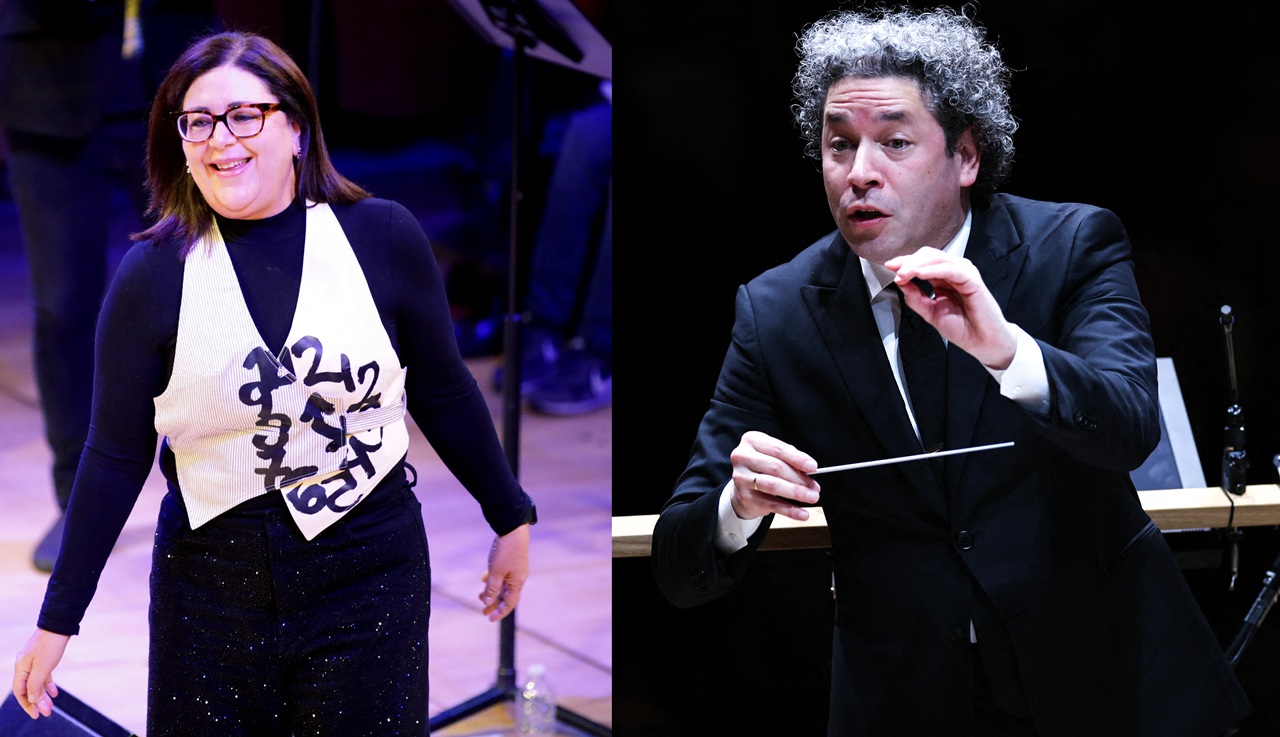



LEAVE A COMMENT: